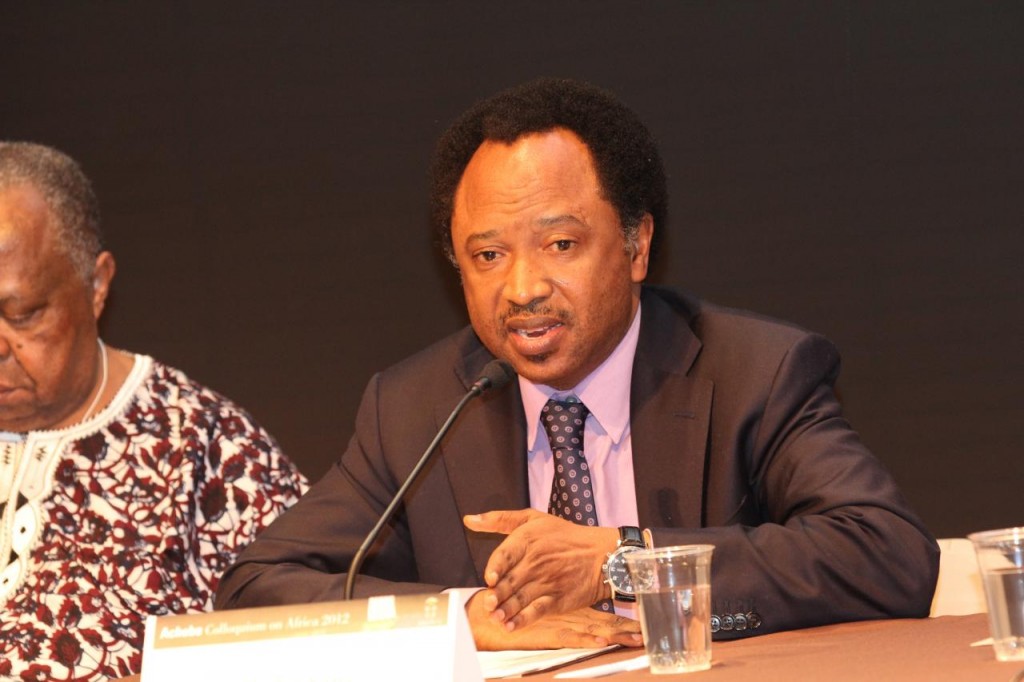Former Senator, author, and advocate for human rights Shehu Sani has sounded a stark warning about Nigeria’s worsening economic situation, saying the continued hardship faced by ordinary citizens could kindle widespread unrest unless urgent action is taken.
Sani stated, “When people can’t feed their families or pay rent, you are stoking the fire of a national uprising.” He emphasized that the challenges Nigerians face daily are no longer abstract figures in government reports but real and dangerous pressures on societal stability.
He pointed to rising food prices, soaring rental costs, and insufficient support for those already vulnerable as forces pushing many families to the brink. “Everywhere you look, there is hunger, frustration, despair,” he said. “People are no longer merely voicing complaints — they are becoming enraged. That anger, if ignored, could erupt into protests, riots, or even a full-blown revolt.”

Sani warned that unless economic policies are matched with robust social safety nets, the government risks alienating the citizens it is meant to serve. He cited recent fuel price hikes, currency devaluation, and the growing rate of unemployment as major sparks for popular discontent.
He stressed that a government’s legitimacy is linked to its ability to shield its people from hunger and poverty. “When Nigerians feel abandoned, they will seek to make their voices heard — often through mass action,” he said.
Rather than relying on short-term cash distributions, Sani urged the state to adopt sustainable measures: boost local production, create jobs, and stabilize food and energy costs. “Palliatives may feed someone for a day or two,” he observed. “What Nigerians really need are long-term policies that allow them to earn a decent living, support their families, and live with dignity. Only that can guarantee lasting peace.”

Transparency and accountability, he added, are essential. Citizens must believe their sacrifice is worthwhile and see that public resources are used for their benefit. “People will endure hardship if they believe the government is genuine, if they don’t see officials looting the treasury while asking the poor to tighten belts,” he said. “But if corruption continues unchecked, trust in government will collapse entirely.”
Sani’s remarks come amid Nigeria’s soaring inflation and rising unemployment, especially among youths. Food inflation is in double digits, and analysts warn that the mix of poverty, joblessness, and high costs is a powder keg that could lead to mass protests reminiscent of the #EndSARS movement in 2020.
Civil society groups and labor unions have echoed his concerns, calling for swift shifts in policy to cushion citizens from economic reforms’ effects. Some states have already seen protests over food cost and stagnant wages, though most remain peaceful so far.
Sani concluded by calling for a comprehensive economic rescue strategy that not only stabilizes the economy but centers on fairness and inclusion. “Economic growth means nothing if it doesn’t touch ordinary lives,” he said. “The survival and wellbeing of Nigerians must take priority. If we fail now, we may face a storm no government can easily handle.”




